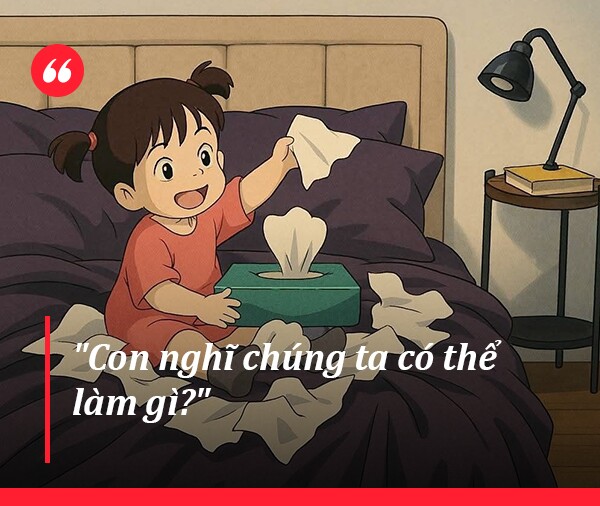Constructive criticism, when delivered with empathy and respect, can be a powerful tool for growth. However, it’s important to recognize that not all children receive criticism in the same way. The key lies in how parents frame their feedback.
According to experts, there are five essential phrases that contain the core code for constructive criticism, which can help children accept feedback while still feeling loved and respected.


“We were so worried when you came home late…”
When a child comes home late, it’s natural for parents to feel concerned. However, instead of lashing out in anger, try approaching the situation with a calm and understanding tone.
A blogger shared her childhood experience where her mother used this phrase effectively. Instead of scolding her for staying out late, her mother expressed her worry and concern. This made the child realize the impact of her actions and motivated her to be more punctual.
By saying, “We were so worried when you came home late…”, parents convey their genuine emotions and create a sense of empathy with their children.
Consider these alternative phrases to express your concern constructively:
“I’m worried that you’re spending too much time on your homework.”
“I’m concerned that you’re not wearing enough clothes. I don’t want you to get sick.”
These statements convey your true emotions and help your child understand that you are paying attention and are there to support them.


“Let me explain that again in a different way…”
Parents who use this phrase demonstrate their willingness to adapt their communication style to meet their child’s needs. It shows respect for the child’s learning process and creates a more equal dynamic in the parent-child relationship.
By saying, “Let me explain that again in a different way…”, you’re acknowledging that the child may not have fully understood the first time and are offering a different perspective to help them grasp the concept.
This approach fosters a safe and supportive environment for your child to ask questions and seek clarification without feeling embarrassed or inadequate.
It also teaches them the value of empathy and taking responsibility for their actions.


“This question is tricky. Would you like some help?”
Children crave understanding and empathy from their parents. In psychology, an empathetic response is the foundation of building trust.
By asking, “Would you like some help?”, you respect your child’s autonomy while conveying the message that you are there to support them.
Instead of saying, “Why are you so slow?”, try “This math problem is challenging. How about we tackle it together?” This approach reduces tension, makes your child feel valued, and encourages collaboration.


“What do you think we should do about this?”
This phrase empowers your child to take an active role in finding solutions. It encourages critical thinking and helps them develop problem-solving skills.
When your child makes a mistake, guide them to reflect on how to fix it rather than focusing on the mistake itself. Validate their ideas and provide encouragement, regardless of the feasibility of their suggestions.
In some cases, it’s best to let your child take the lead in finding answers. By listening to and respecting their thoughts, you motivate them to grow and learn. Your support and guidance will help them correct their mistakes and develop essential life skills for the future.

































